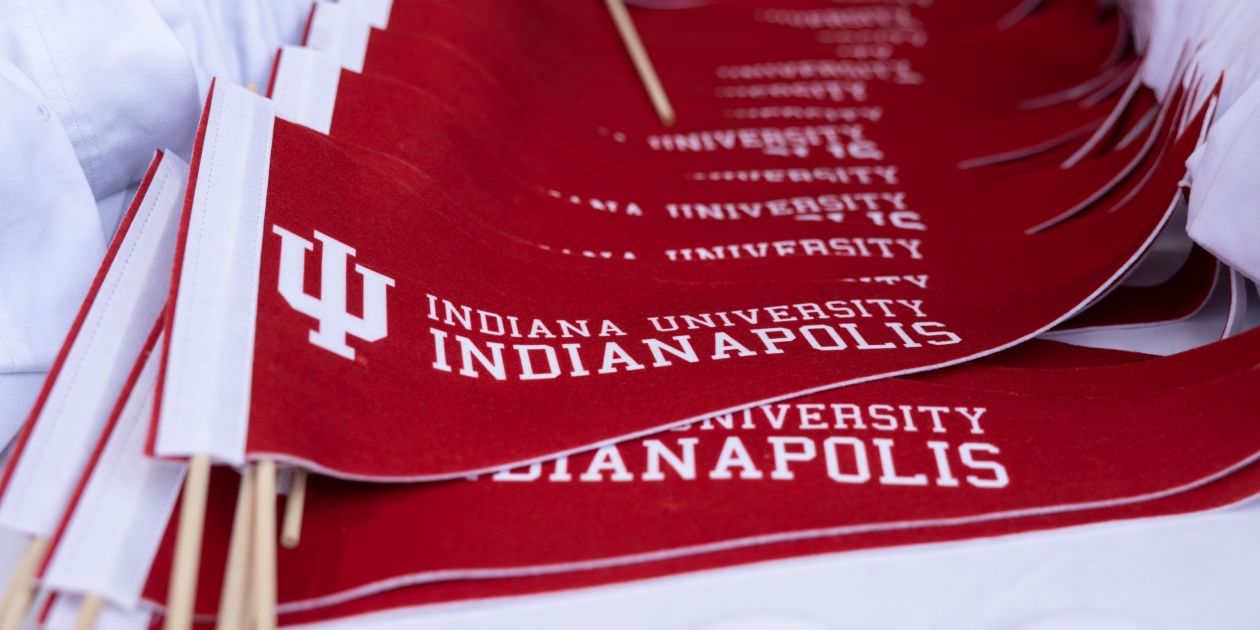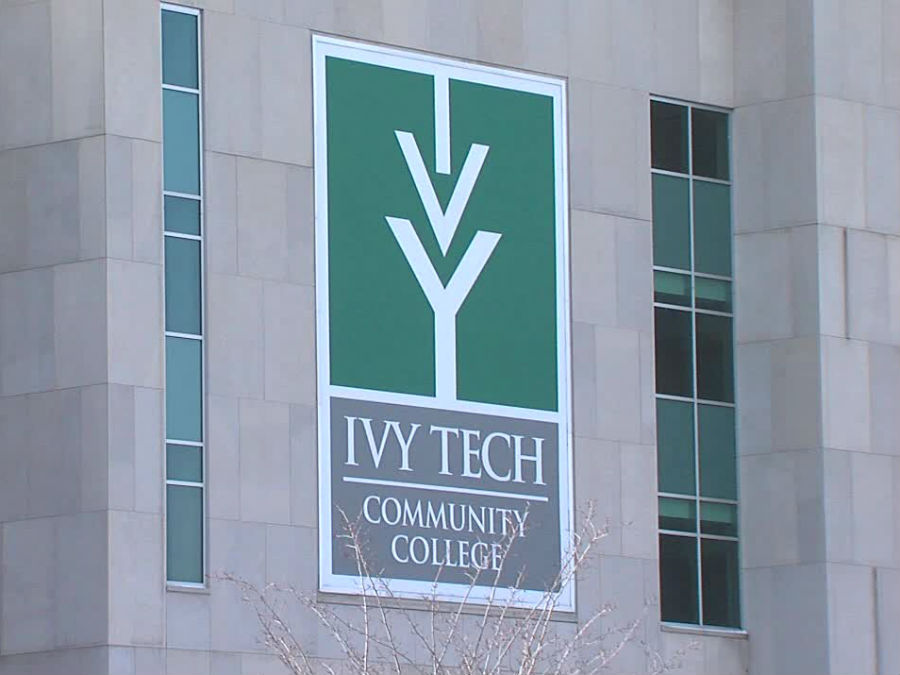Bridging Borders: The Impact of an Internationalized Curriculum
Developing Globally Minded Students
From 2020-2024, Indiana University Indianapolis (IUI) and Ivy Tech Community College (Ivy Tech) collaboratively implemented efforts to internationalize undergraduate curriculum, enhance student global awareness, and foster pathways toward global engagement. Funded through the Undergraduate International Studies and Foreign Language (UISFL) program of the US Department of Education, the institutions worked together to embed intercultural competencies into First-Year Seminars (FYS) and Student Success coursework, facilitate professional development for faculty, and promote student mobility through study abroad support. Core objectives included:
Global Learning Integration: Prepare faculty to effectively apply global learning topics in the classroom.
Seamless Pathways: Strengthen the global learning bridge between Ivy Tech and IUI students.
Engagement Sustainability: Increase students’ participation in global learning pathways beyond the first year.


Evaluating Global Learning
Both institutions teamed up with TPMA to deliver a dynamic evaluation of the program’s impact. Our team crafted an innovative evaluation methodology that uncovered students’ evolving perceptions of global awareness and engagement and analyzed their participation in globally focused activities beyond first-year courses. In addition, an interactive dashboard and collaborative “data parties” revealed insights into differences in impact along student demographics and academic plans.

Enhancing Global Perspectives
TPMA’s evaluation revealed several outcomes, including:
Global Awareness: Students from both institutions reported increased cultural awareness, interactions with diverse people, and understanding of globalization’s impact on their lives.
Personal Growth: Students reported a greater understanding of their own cultural beliefs and personal responsibility in a global context.
Global Interest: Both Ivy Tech and IUI students expressed new enthusiasm for world events and cultures, although this increase was less pronounced for following global news.
Additionally, we found that nearly half of IUI students actively pursued global opportunities—such as enrolling in additional international courses—after completing the initial internationalized course. Ivy Tech students were somewhat less inclined to engage in global activities, which may have been influenced by external challenges like work commitments or family responsibilities. Despite a strong interest in study abroad and global careers for students at both institutions, financial barriers and academic plan structures likely limited many students’ ability to choose additional global engagement.
The program demonstrated a particularly significant impact on Black, Hispanic/Latine, and multiracial students, outpacing engagement levels among White and Asian participants. Liberal Arts students emerged as the most engaged, leveraging the flexibility of their programs to explore global activities, while students in more structured fields, such as kinesiology, faced greater choice constraints. Female students consistently reported higher participation than their male counterparts, although the gap narrowed within global course cohorts.
Demonstrating Impact
TPMA was able to show that the UISFL program implemented by IUI and Ivy Tech enhanced global learning through faculty development, curriculum initiatives, and innovative support for first-year students. This initiative reflects a broader shift in higher education toward “internationalization at home,” focusing on inclusivity and addressing social responsibility. IUI and Ivy Tech expanded study abroad options, particularly for Ivy Tech students transferring to IUI, while also enhancing in-class global learning to support students unable to study abroad. The program adapted to digital and virtual learning trends accelerated by COVID-19, implementing virtual exchanges and online resources that redefined traditional mobility.
TPMA’s comprehensive report with recommendations for ongoing investigation and an accompanying data dashboard provided a foundation for both institutions to continue to track global learning impacts on students, guiding ongoing improvement.
To learn more about our research and evaluation capabilities, contact us here.
